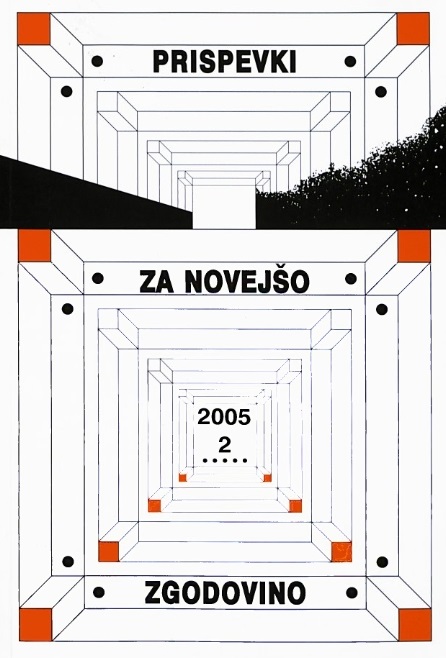Oblike kolaboracije med drugo svetovno vojno s posebnim pogledom na dogajanje v večnacionalni Jugoslaviji
Types of Collaboration during the Second World War with a Praticular Focus on the Events in the Multiethnic Yugoslavia
Author(s): Boris MlakarSubject(s): Civil Society, Political history, WW II and following years (1940 - 1949), Inter-Ethnic Relations, Sociology of Politics, Politics and Identity
Published by: Inštitut za novejšo zgodovino
Keywords: Yugoslavia; Slovenia; Second World War; occupation; collaboration; resistance movement;
Summary/Abstract: The multiethnic structure of the Kingdom of Yugoslavia significantly contributed to the emergence and extent of collaboration with the occupying forces after the collapse and the parcelling out of the Yugoslav stale in April 1941. Neighbouring countries with ancient aspirations or claims regarding specific parts of Yugoslavia participated in its attack and occupation, believing that this was a matter of liberating their suppressed minorities, reunification of their national territory or other historical and pseudo historical arguments. This collaboration ivas, therefore, ethnically based, at least in some geographical areas and sectors of the population. The subsequent dynamic relations between the occupiers and domestic subjects during the war resulted in other sources of collaboration. In this, an important role was also played by the resistance movement, in that its communist leadership and the ¡ear of a possible future triumph of communism was a new incentive for the emergence of collaboration. In the paper, the author systematically presents the course of events in individual Yugoslav territories, with the exception of Serbia.
Journal: Prispevki za novejšo zgodovino (before 1960: Prispevki za zgodovino delavskega gibanja)
- Issue Year: 45/2005
- Issue No: 2
- Page Range: 59-74
- Page Count: 16
- Language: Slovenian

